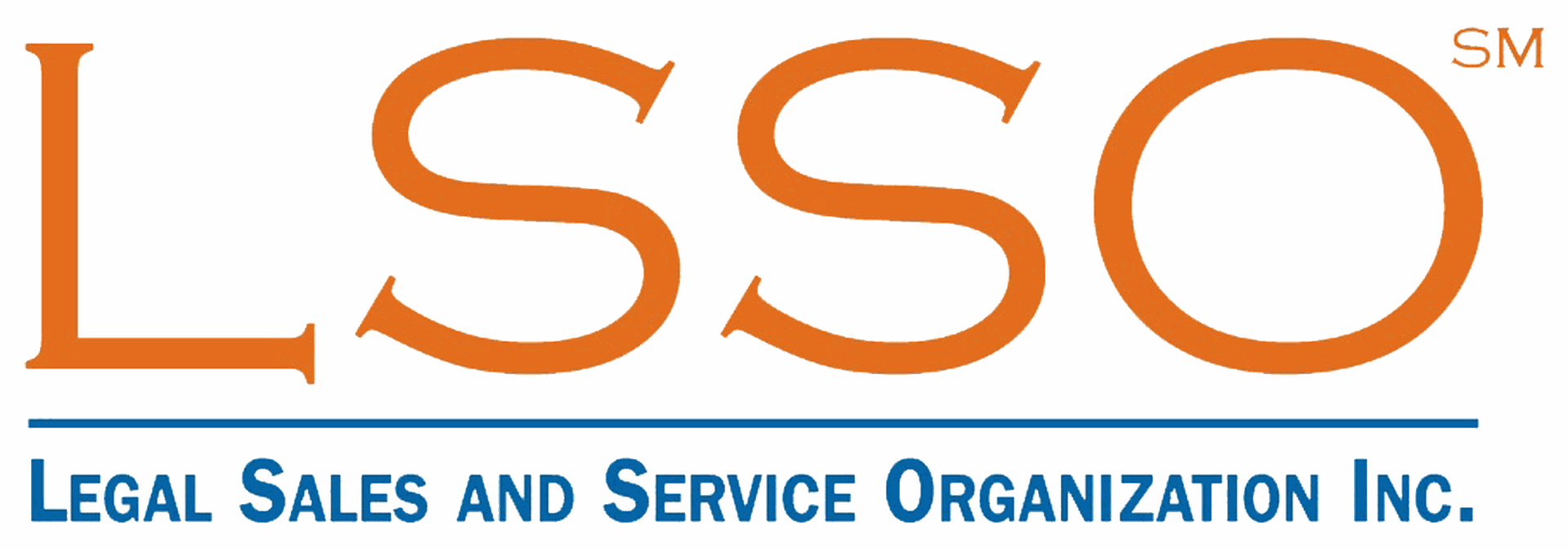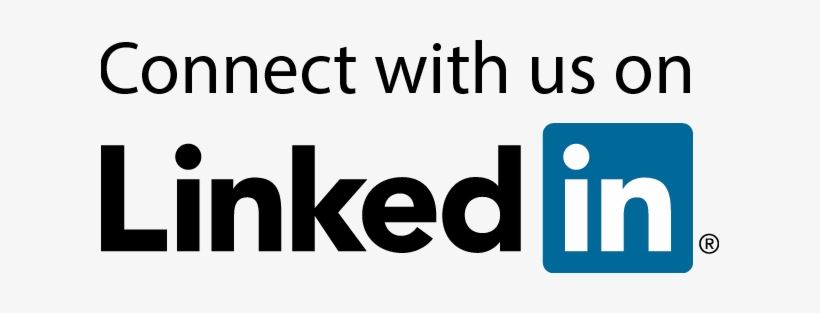By Craig Brown, Senior Consultant, LawVision and LSSO Coaching Certification Instructor
Recently, our consultancy launched a series of public courses designed to train and certify in-house law firm marketing and business development professionals on how to coach their lawyers.
The success of the series has allowed us to learn more about the specific concerns and needs of our clients. One recurring question we get in these sessions is about selection. Course participants often ask, “How do we make sure we’re not wasting our time on people who will not react well to coaching or who won’t follow through on our suggestions?” Many program participants report that, when working with some of their lawyers, the initial meetings look promising and the lawyer commits to certain tasks, but interest wanes rapidly, and the lawyers begin to skip meetings and fail to return emails.
This problem touches on several topics that we address in the course, including getting buy-in from the coaching participant, formalizing the program, obtaining support from leadership, finding quick wins, and so forth. One section of the course is particularly instructive: determining “coachability.”
Most course attendees believe the conventional wisdom that one shouldn’t waste time and money on those who won’t respond to coaching. While it’s true that a program should focus only on those who will respond to the effort, many people make false assumptions about the right criteria for selecting the truly coachable. Often, there is an inclination to determine coachability based on personality or social skills. Wallflowers are out, glad-handers are in. The socially awkward lose out to the socially adept. However, coachability is much more nuanced than simply determining where someone fits on the introversion/extroversion scale.
After coaching thousands of lawyers, we find that the best indication of success is simply attitude. Nothing signals potential coaching success more than really wanting the program to work and being willing to learn new things and put in the work to make them happen. We focus on the following three indicators:
- Willingness to learn. An individual’s willingness to learn and try new things can overcome a long list of other faults. Lawyers are trained to be skeptical. Those who can set skepticism and ego aside and conclude that they can learn something new are great prospects for success.
- Eagerness to succeed. Originating business needs to be something that each candidate wants to do rather than something begrudgingly taken on at the request of a senior partner. Has the candidate approached you for assistance in the past? Has this person shown a genuine interest in being a part of the program? Look for these indicators as you select candidates.
- Enthusiasm/drive. It takes many “at bats” to score home runs. Ask yourself whether your candidate has the ability to see challenges as opportunities and to strive to achieve success. Can this person keep going after hearing rejection? Business development requires the ability not to get discouraged when efforts result in rejection. The resilient person who has the ability to keep trying is rewarded.
Here are some actions to take to make sure that you have the right candidates for your own coaching program
- Get more than one viewpoint. I’m often surprised when I get input about who should be coached from more than one source at a firm. One time, I received lists of potential candidates from a managing partner, a CMO, a marketing manager, and a practice-group leader. While there was some overlap, the lists were wildly different, and some included people who were on others’ “do-not-coach” lists. People view this subject through their own lenses, so get input from as many “lenses” as you can. Taking on the task of subjectively deciding who will be a success may be too much for one person. Spread out that responsibility and take advantage of the viewpoints of others.
- Get more objective information. For years, I have used a tool called the Lawyer-Behavior Profile to help determine coachability. It assesses business-development strengths for lawyers and turns the subjective conclusions we make about our lawyers’ coachability into something more concrete.
- Get clear on your selection criteria. Make sure that you are evaluating people using a standardized list of what you are looking for in a candidate. “She is warm and engaging with people” may not be enough. You may want to add other criteria to your list. For example, is the candidate seen as part of the future of the firm? Is the candidate someone in whom the firm wishes to invest? Is this person possibly a future leader at the firm? Has this person taken a proactive approach to her career?
Well-trained coaches who are selective about their participants can raise the ROI of your coaching program and thereby add to the firm’s bottom line. But there are other, less tangible rewards as well. There is nothing like the experience of finding a lawyer who knows darn well that she is not on anyone’s list as a potential rainmaker and helping her build a profitable and thriving practice.
Help someone like that, and suddenly coaching isn’t just effective. It’s fun.
Need more help? To assist our clients in their coaching efforts, we’ve partnered with the Legal Sales and Service Organization (LSSO) and launched a program that trains people to be successful internal coaches. Public sessions are scheduled for this September in Los Angeles and for October in New York.
Click here for more information on LSSO's Coaching Advantage Certification Program.
About the Author
 Craig Brown has worked with managing partners, attorneys, CEOs, and executives, as a coach, consultant and business executive for over 20 years. He is a Law Firm Business Development Consultant with LawVision where his business development consulting and training practice focuses on helping law firms rethink how to build clientele by reconnecting people to their core strengths.
Craig Brown has worked with managing partners, attorneys, CEOs, and executives, as a coach, consultant and business executive for over 20 years. He is a Law Firm Business Development Consultant with LawVision where his business development consulting and training practice focuses on helping law firms rethink how to build clientele by reconnecting people to their core strengths.
He can be reached at cbrown@lawvision.com

